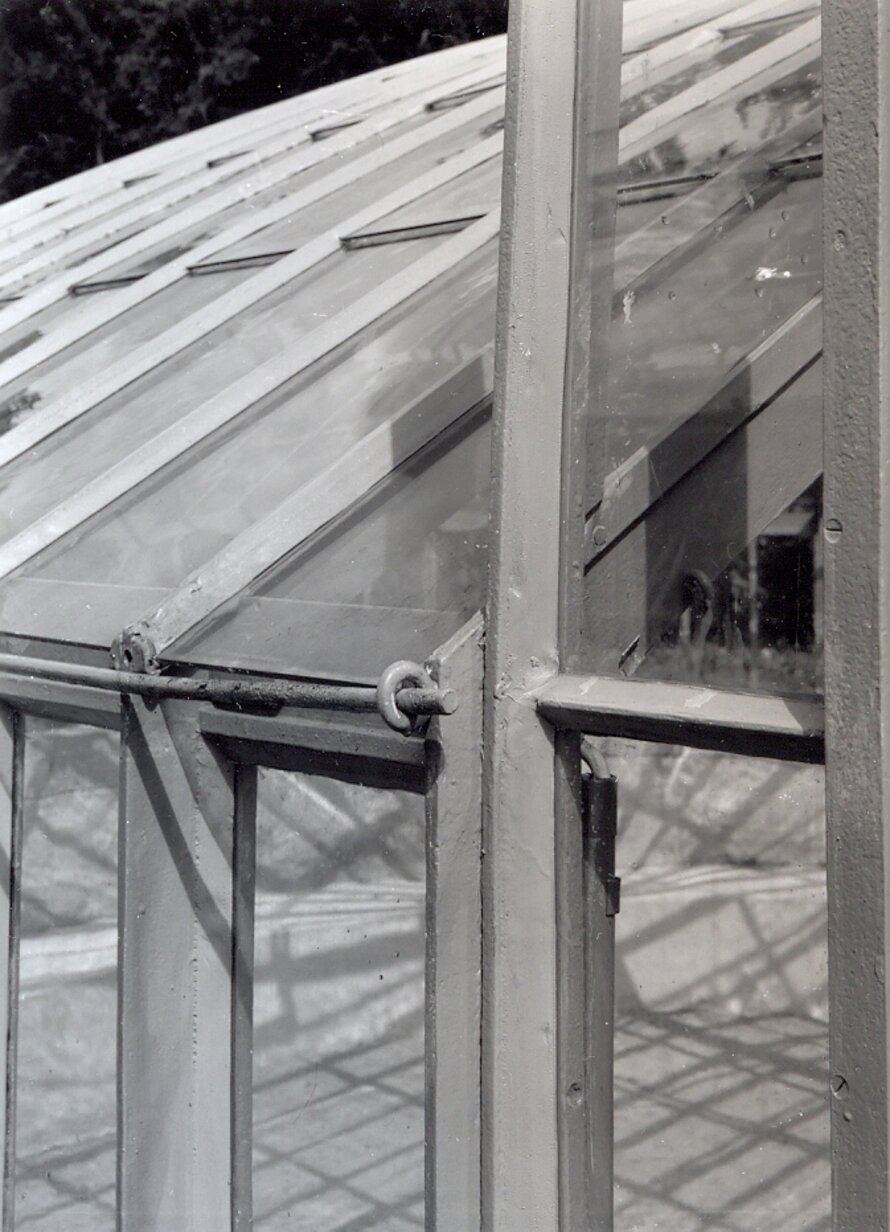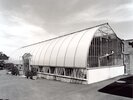Rothischild Conservatory at Castle of Pregny, Chambésy near Geneva
The conservatories at Pregny have been subjects to many changes since their creation by Baron de Rothschild around 1860, caused by the evolution of cultivation techniques in horticulture and above all by the problems of maintenance of the estate. The Rothschild conservatories, ...
Read more
Project details
Description:
The conservatories at Pregny have been subjects to many changes since their creation by Baron de Rothschild around 1860, caused by the evolution of cultivation techniques in horticulture and above all by the problems of maintenance of the estate. The Rothschild conservatories, probably designed by the English architect Joseph Paxton and his son-in-law George H. Stokes, were enlarged at the turn of the 20th century with a large oval glasshouse, first constructed in 1880, which was transferred from Port Gitana de Bellevue to Pregny. Four main greenhouses, which were demolished after 1945, were replaced in the 1960's by new ones, constructed by Gysy. Thus the unity of the ensemble as a whole was preserved, and is today composed of 27 conservatories and nine annexes, placed around a long central corridor enriched with beautiful cast iron fences. As they had fallen into decay, the conservatories were destined to be demolished. The complex was bequeathed to the City of Geneva by Baron de Rothschild. In 1993 it was decided to rescue this valuable part of heritage. A low budget restoration programme was started to maintain the complex in its actual form. These interventions focused mainly only on repair or partial restoration of damaged elements. After thorough preliminary investigations restoration work stated: the glasshouses were first deglazed, all mobile elements were dismantled, all parts affected by corrosion were taken off, sandblasted, metalized, painted, re-assembled and re-glazed (in some conservatories only with salvaged glass). The restoration works also comprised the annexes and exterior refurbishments. During the restoration special efforts were made to realize energy savings, to limit the risks of pollution and to encourage the re-use of material.
Similar projects
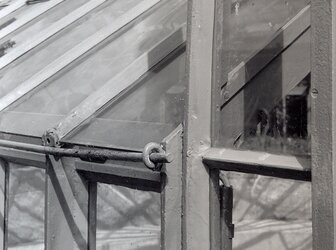
19th century
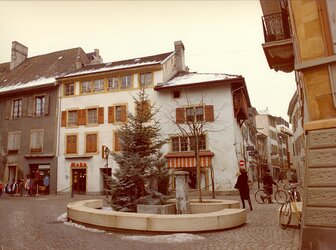
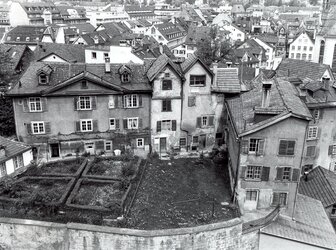
14th and 17th century

16th century
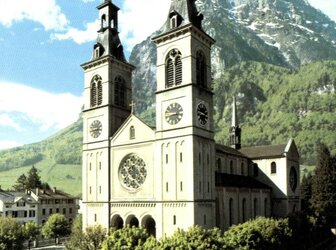
1863-1866
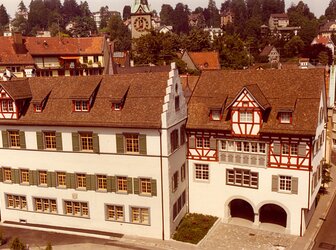
16th century
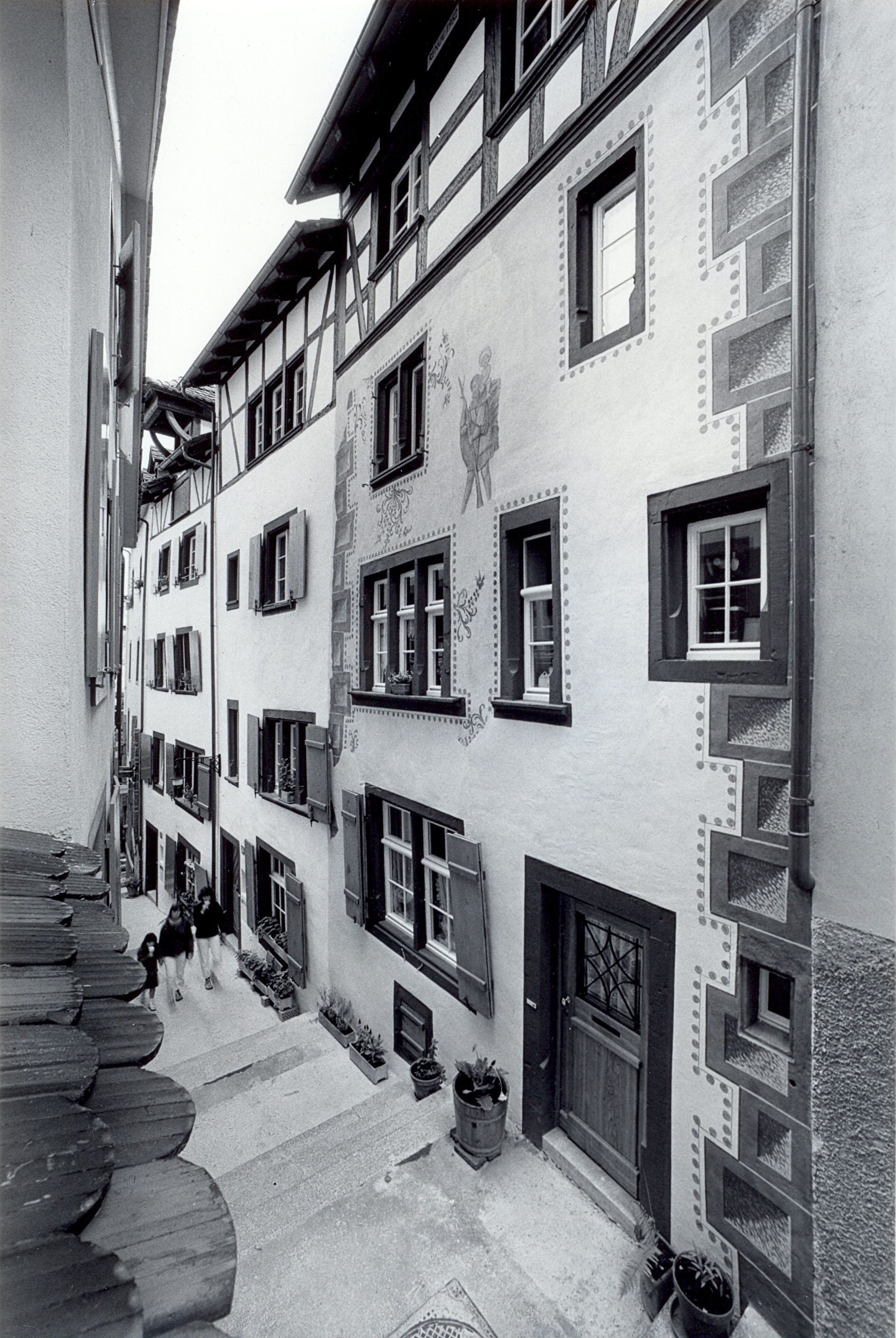
14th century
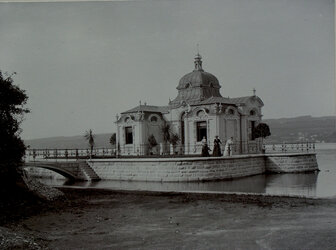
1899-1900
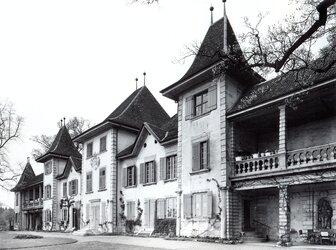
17th century
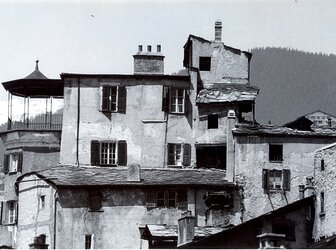
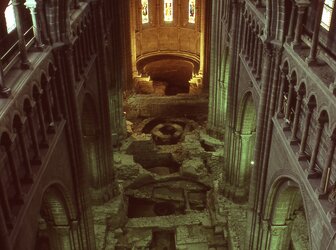
100 BC - 11th century AD
